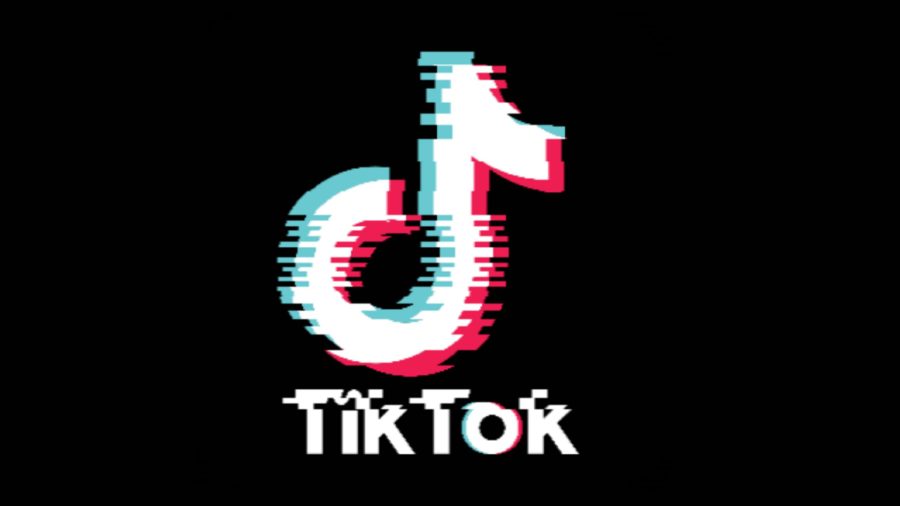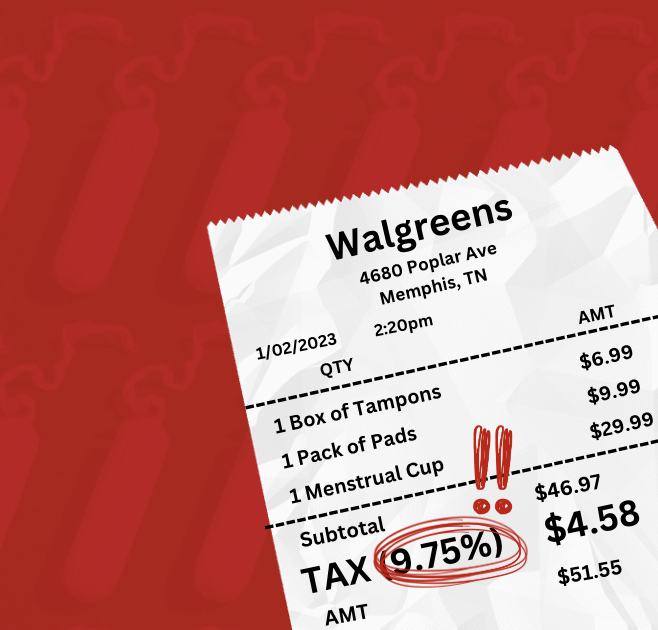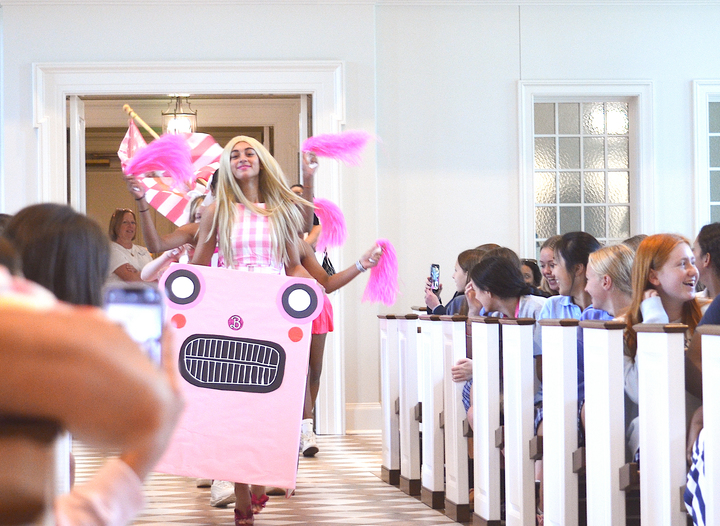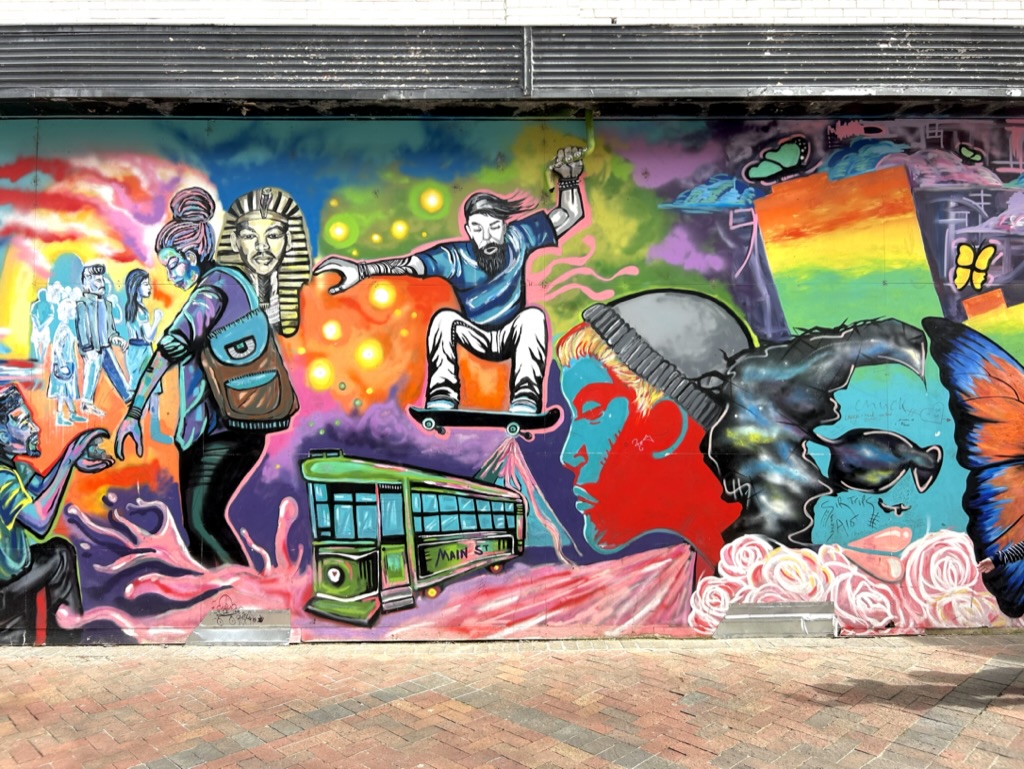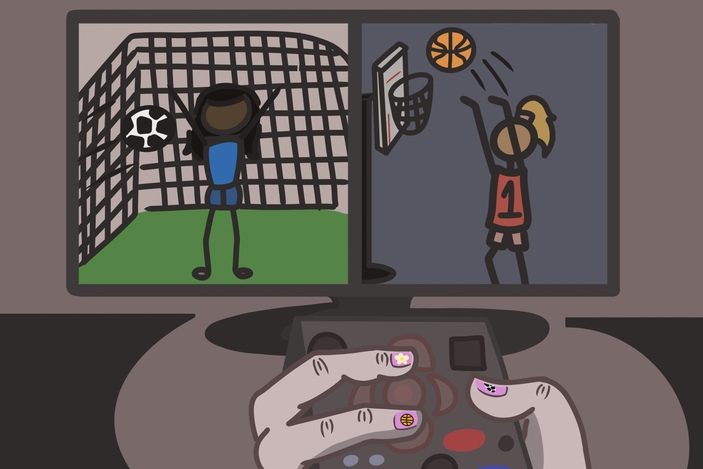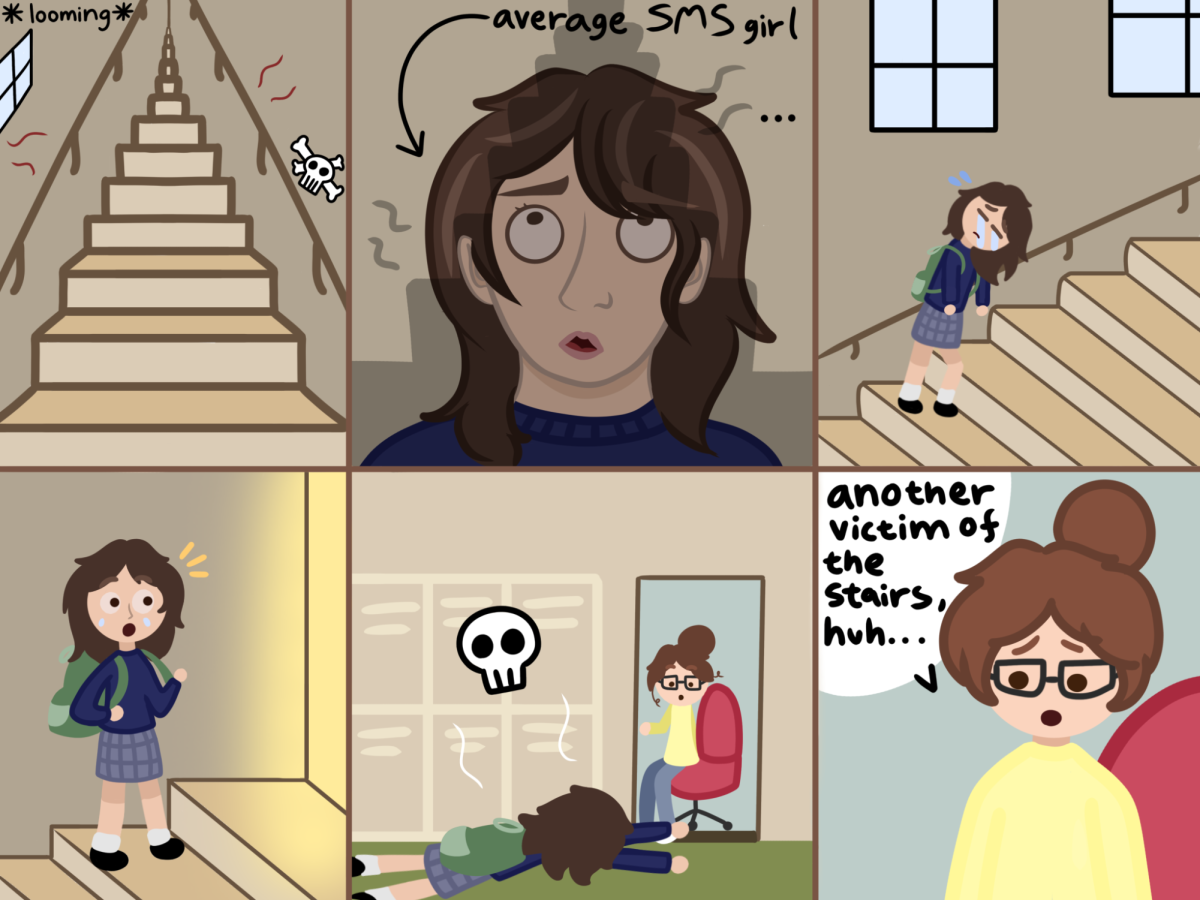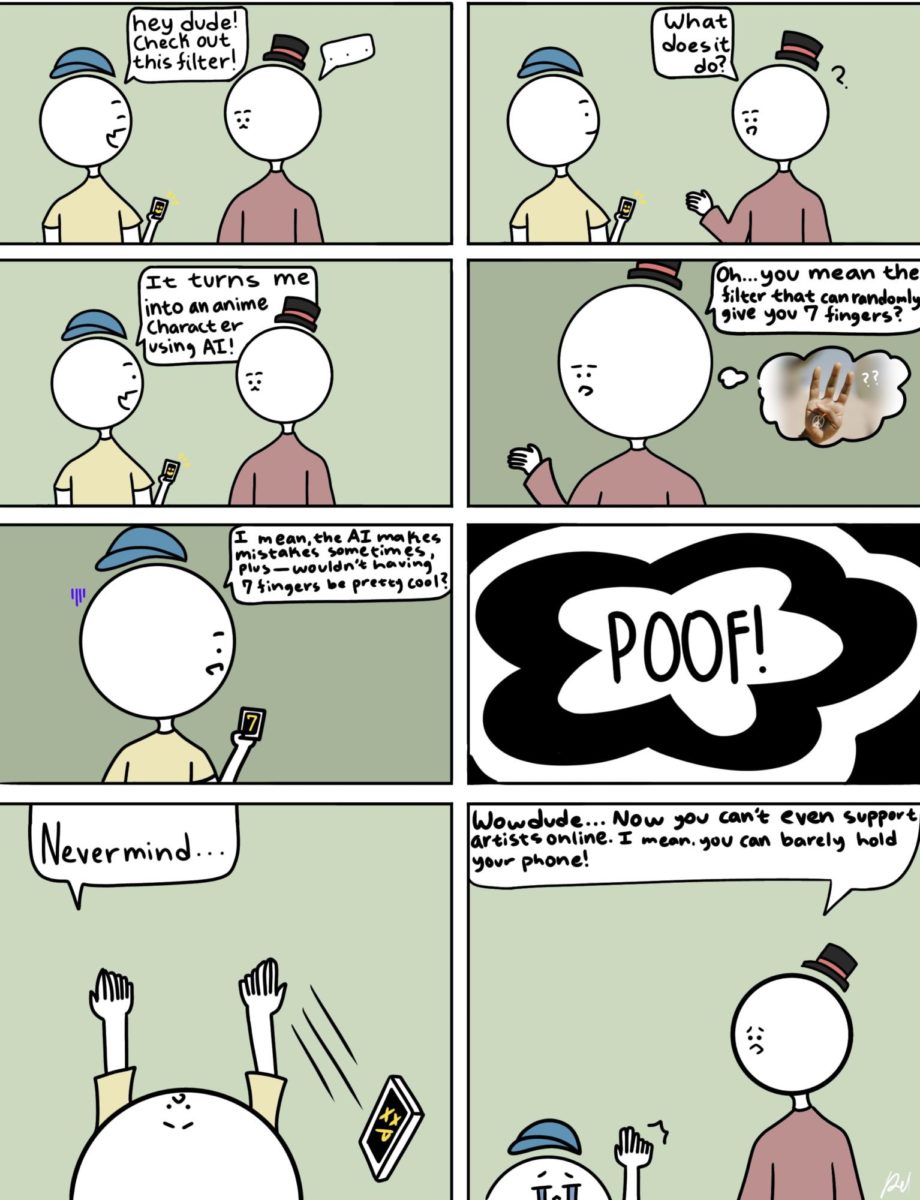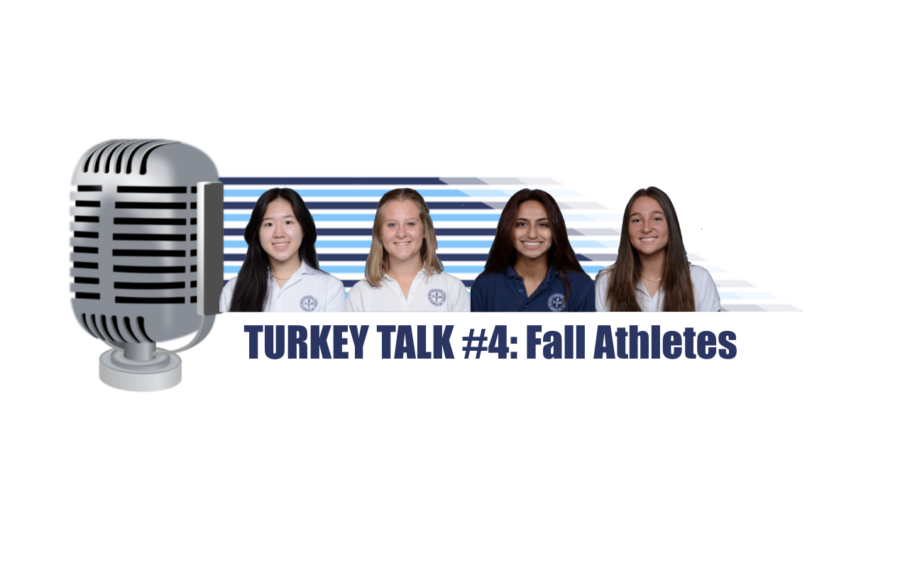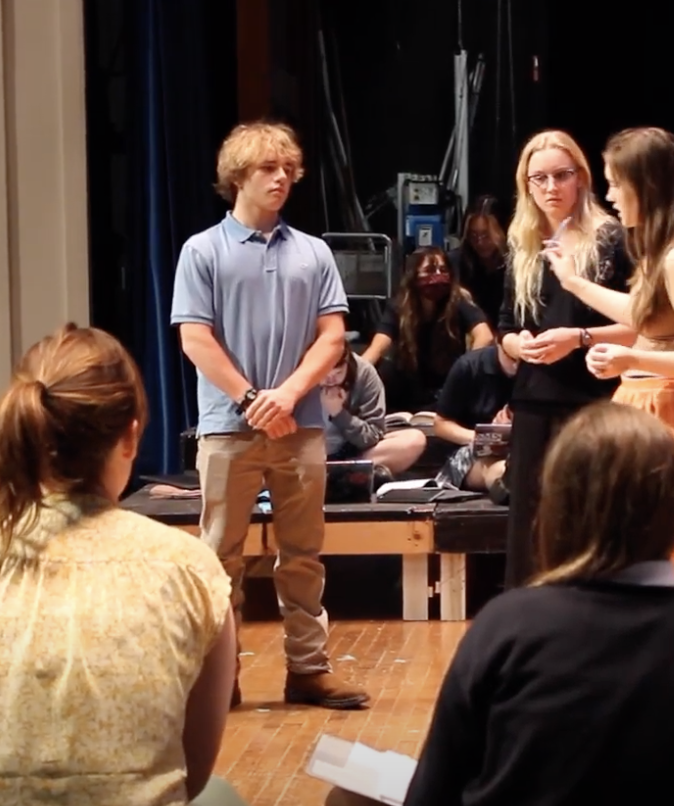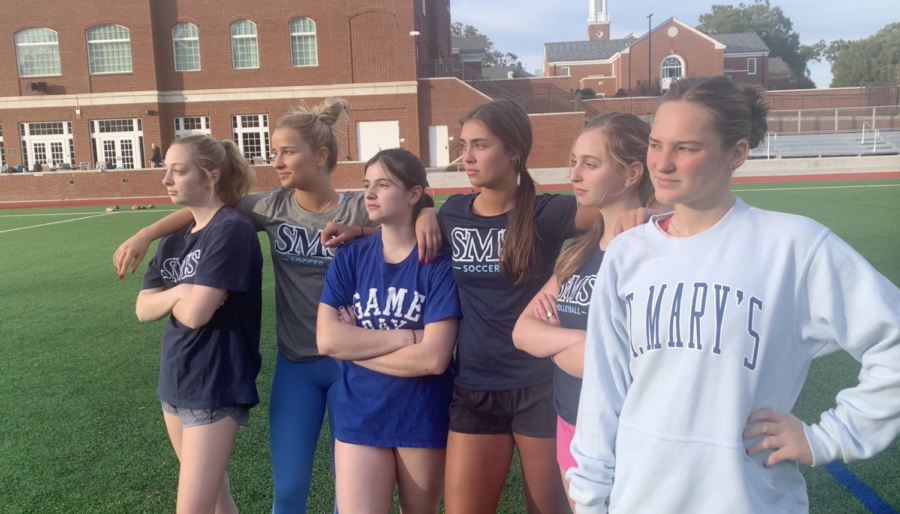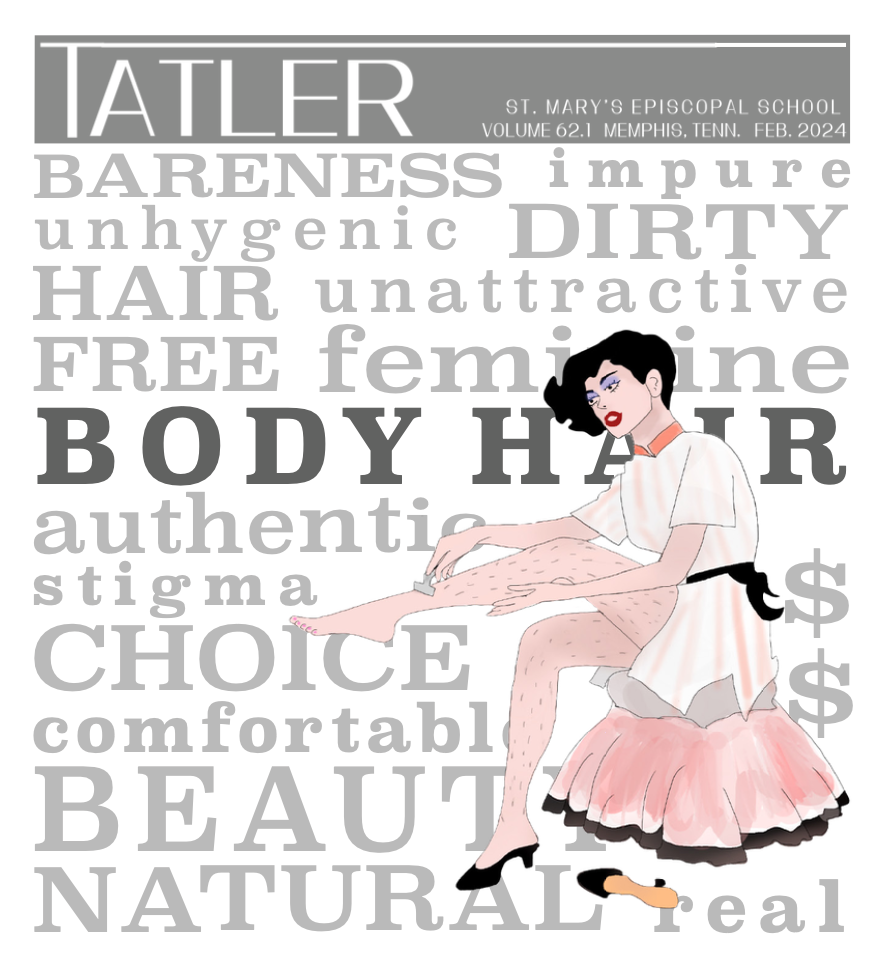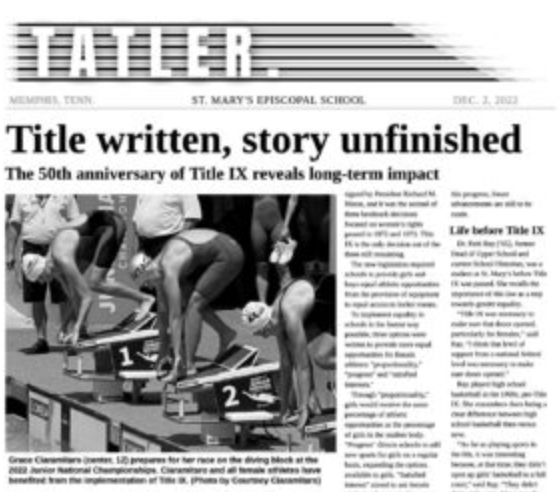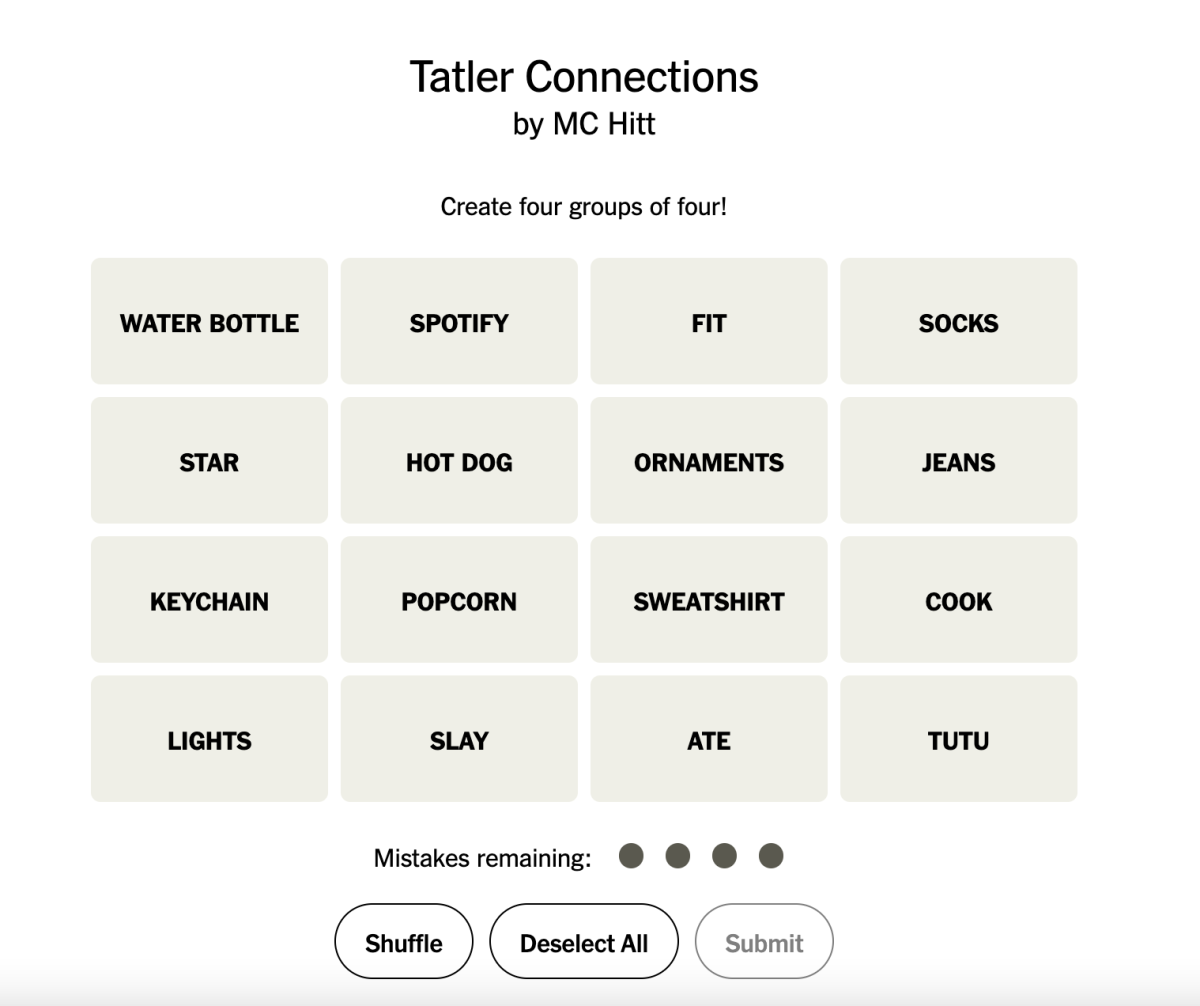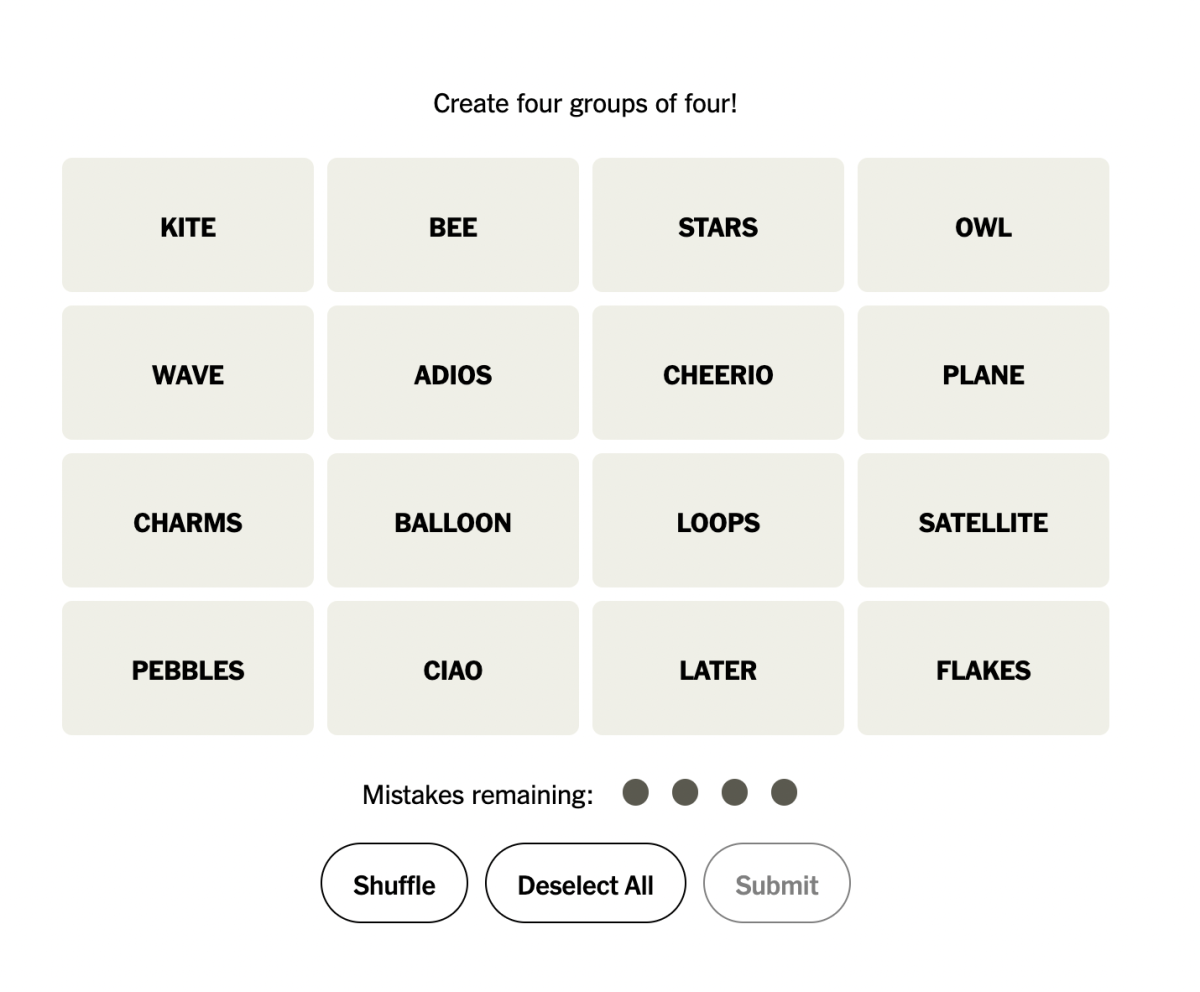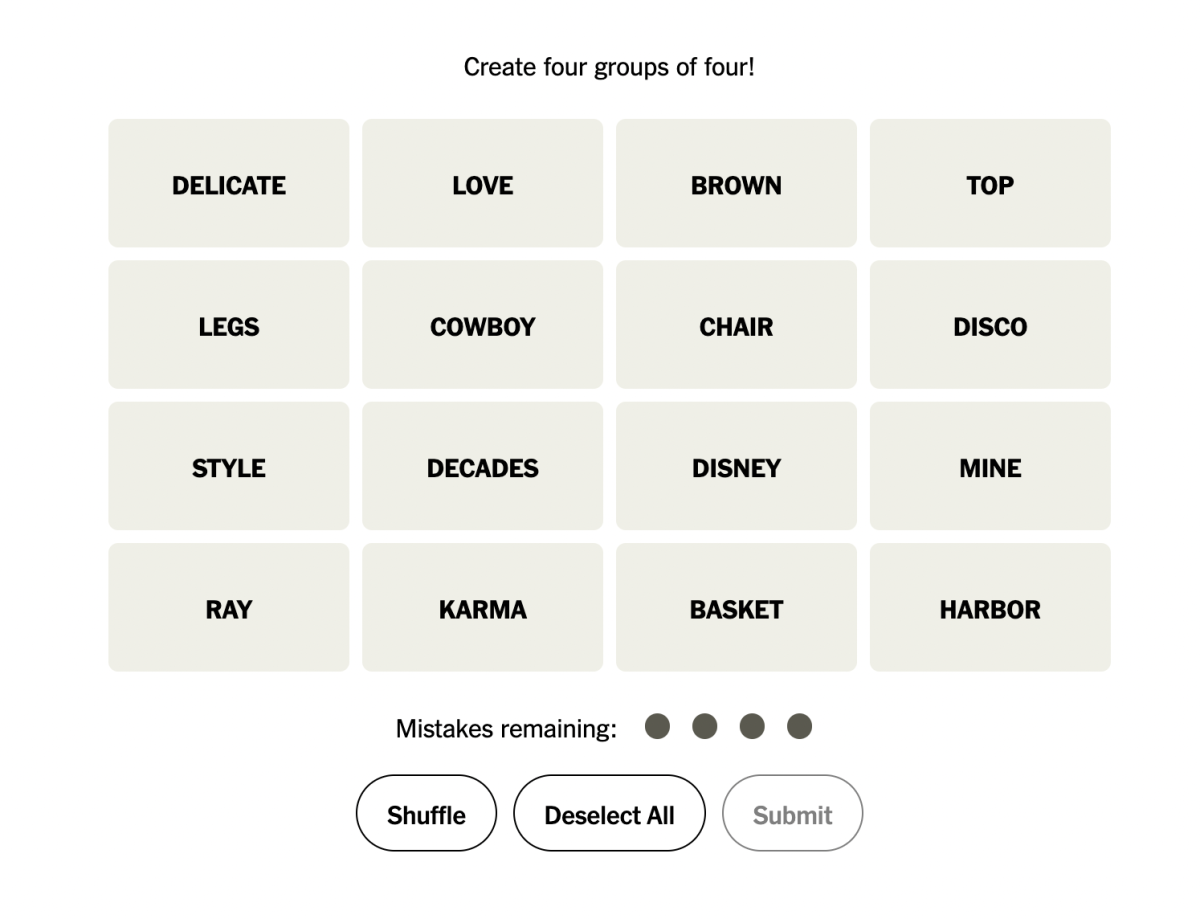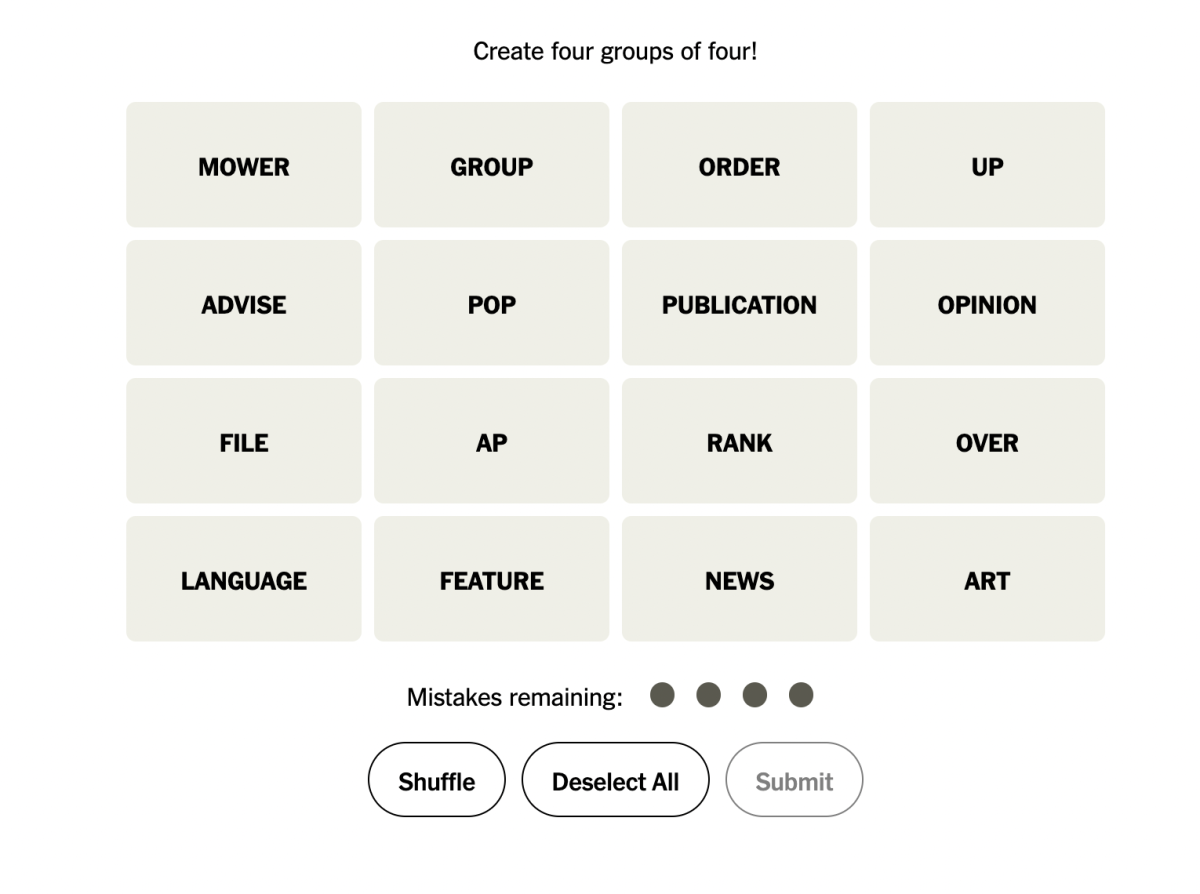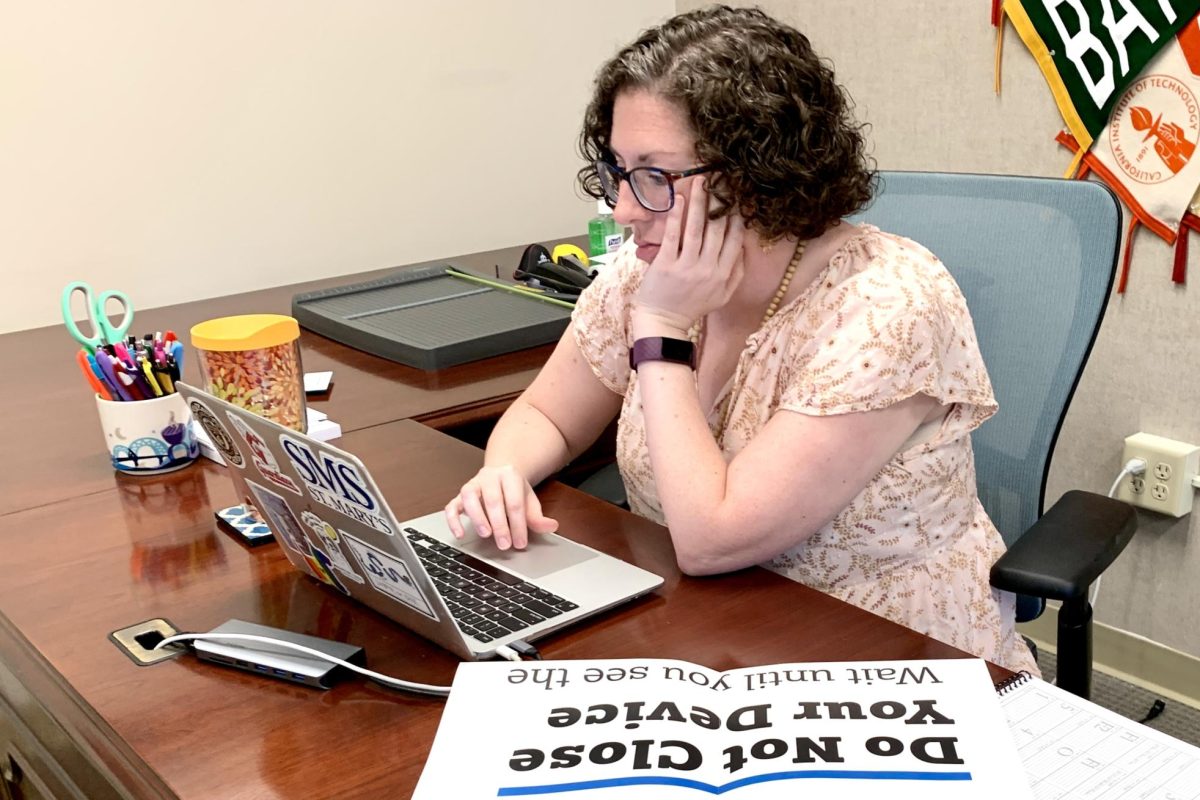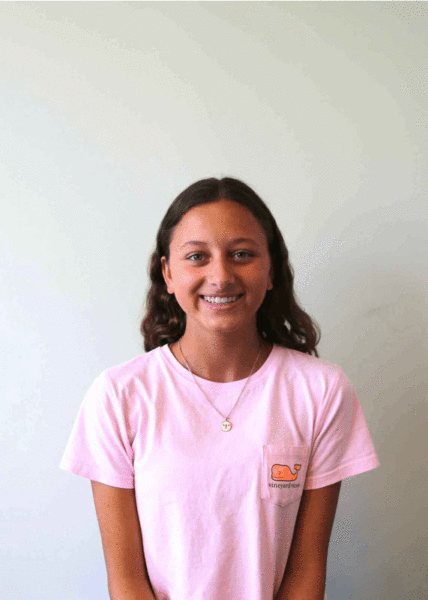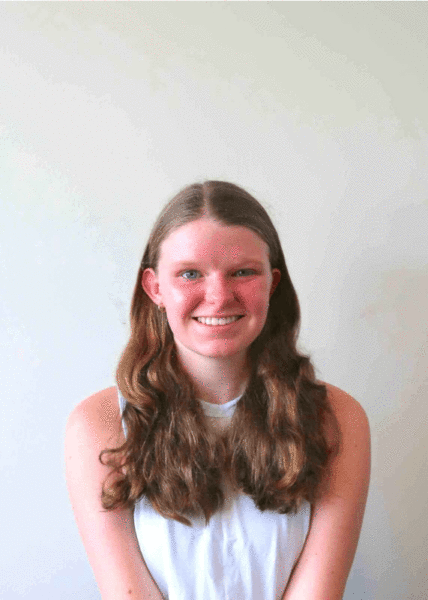It is that time of year again: the leaves are falling, the weather is changing and students are dreading the SAT. But this year, it is a little different. And by a little, we mean a lot.
Beginning in the spring of 2024, all students taking the SAT will be given a new, digital form of the nearly 100-year-old test. Similarly, the PSAT went fully online this fall.
The new SAT format is an hour shorter than the old exam, clocking in at two hours and 15 minutes. It also now boasts only two sections, as opposed to three: reading and writing and math.
These two sections have been split into two modules each: the first is the same for everyone and the second is adaptive, responding to how the student performed on the first section. This means that when a student gets more questions right, the test will get harder, but if they get more wrong, then it will stay at the same level of difficulty.
Additionally, students taking the digital SAT will receive their results just a few days after the exam, instead of five weeks later.
When the results come in, Director of College Counseling Beverly Brooks is confident that St. Mary’s students will show they were well prepared for the digital aspect of the SAT.
“Juniors do test prep every week, so there’s an ALAPP every week where the entire junior class is in test prep, and they are not only learning about the content of the test but they’re learning about how it’s adaptive,” Brooks said. “They’re learning the online pieces, and so what that means is that students at St Mary’s are going to be better at taking this test now.”
Junior Claudia Riberio has taken both the paper SAT and a practice online version of the test and said she thinks that some aspects of the digital version might be better for her test-taking needs.
“The paper one helps me annotate the question and sort of get a better sense of what they’re asking,” she said. “But I think the digital English sections, at least, might be a little easier because there aren’t the long passages.”
Another positive change is that cheating will be practically impossible, according to the College Board.
And if cheating does occur, the damage will likely be more isolated. With the paper test, if one test form was canceled due to suspicion of cheating, it meant canceling the scores for the whole group of students in the testing center. Going digital allows every student to get a unique test form, so it should become much more difficult to share answers.
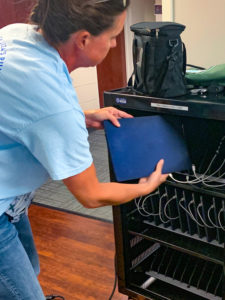
Honor Council President Maggie Kustoff, a senior, said she was pleased with this aspect of the new test.
“That makes the test more fair,” she said. “When everybody’s taking it in a room on paper, I think the proctors have to monitor everybody the entire time. So, there are more opportunities for people to maybe cheat while they’re taking it.”
Kustoff also shares another advantage she sees in the SAT going digital.
“I feel like it better reflects what we’re doing in school since technology has become a bigger part of our learning in schools and how we do work,” Kustoff said.
Not everyone is excited about the changes, however.
Some members of the St. Mary’s community have concerns about the SAT’s transition into digital formatting, including English teacher Julie Bielskis (‘89).
“I just think it is an undeniably wrong and bad thing for human beings,” she said. “There are those humans who struggle with testing digitally. We think and work differently, and to limit it to that one thing, the screen, I think further stifles humans and [makes it harder for them to show] what they’re capable of.”
Anum Raza, a senior at St. Mary’s who has taken the paper version of the test, agrees with Bielskis about the new version.
“I feel like paper is better overall because it is helpful for people to write things down, like annotations, on the paper,” she said.
Another reason for concern is computer access. Although St. Mary’s ensures that every student is equipped with a device, not every school is able to provide the same.
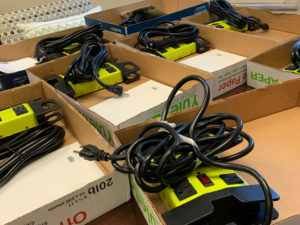
According to the Tennessee Commission on Children and Youth, about 13% of Tennessee’s children did not have access to the internet and digital devices for schooling in 2021. The College Board hopes to address this problem by providing a device to students who request one on test day.
Bielskis is skeptical of the merits of this plan because of the resulting inequity between students who own computers and those who do not.
“That human [without a computer at home] would only have a limited time to familiarize themselves with that device and be responsible for that device,” she said. “Also, that doesn’t address the idea of access to Wi-Fi.”
According to the White House, 17% of Tennessee households have no internet subscription.
Brooks said she has concerns about this issue.
“I think about the schools that don’t have computers, or have computers, but not strong Wi-Fi,” she said. “I just don’t know how those kids are supposed to be benefited by this. It doesn’t make sense to me.”
She said she was less worried about how the digitization of the SAT might affect college admissions.
“We see so many schools going test-optional right now,” she said. “My hope [is] that we would be moving away from standardized testing as a whole.”











